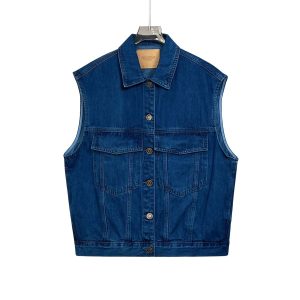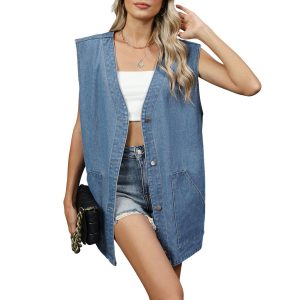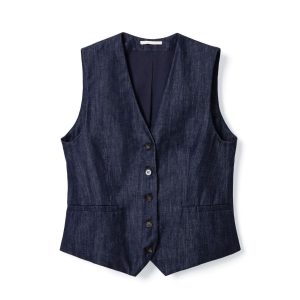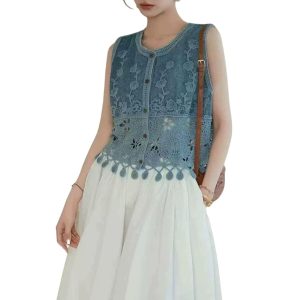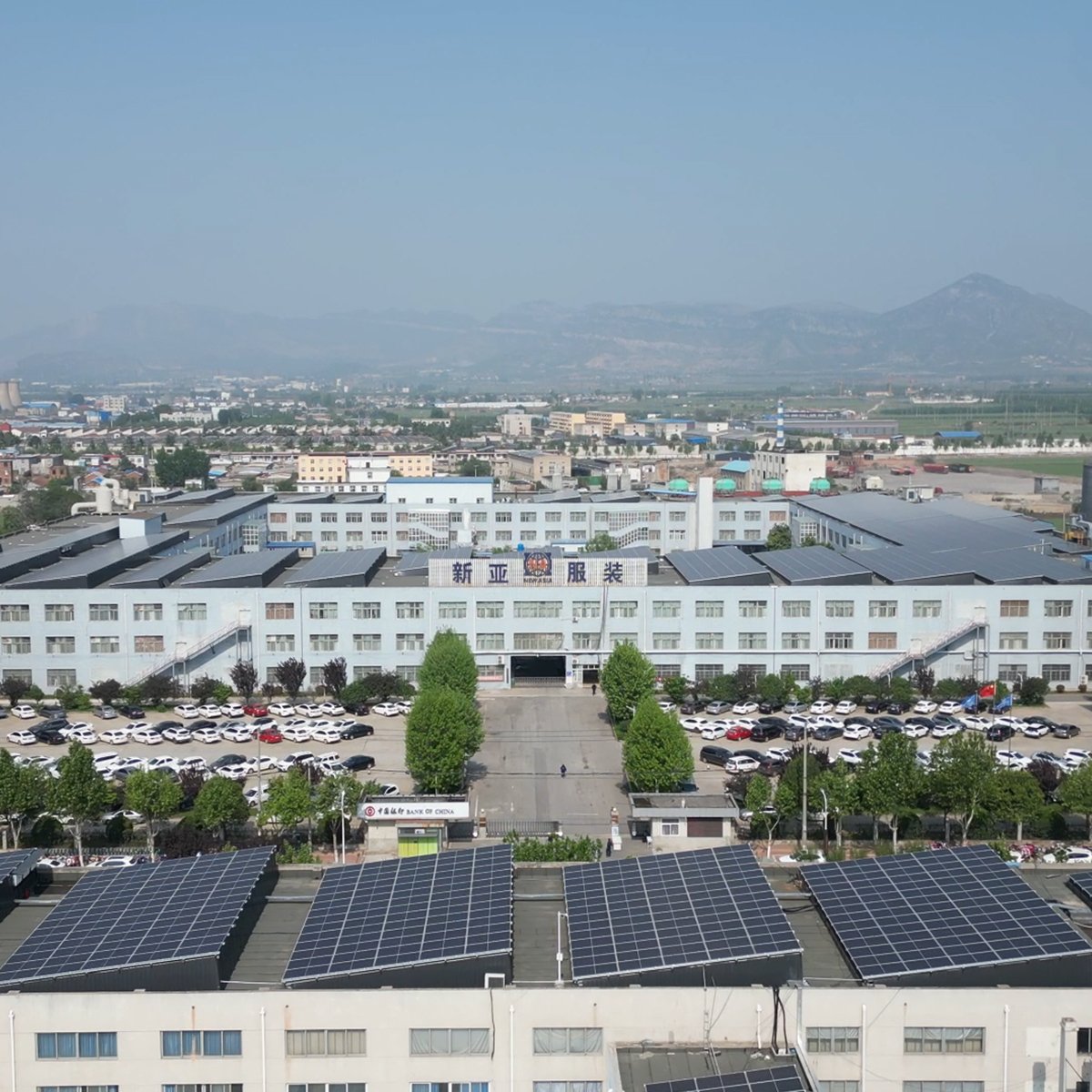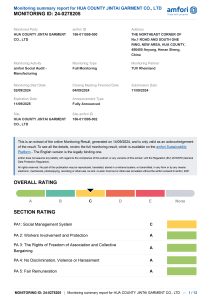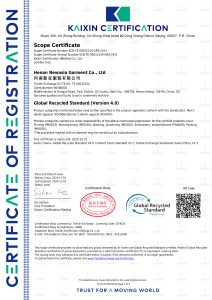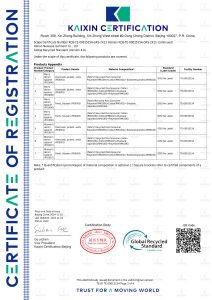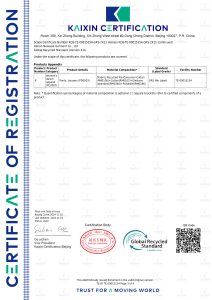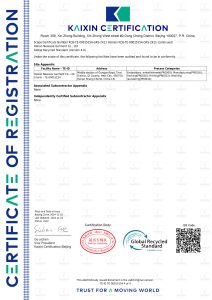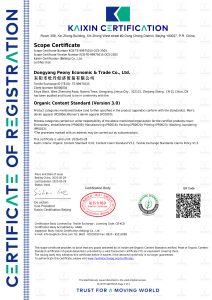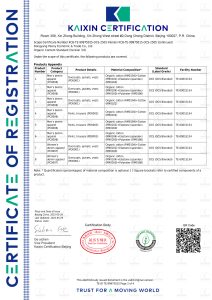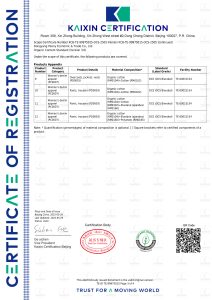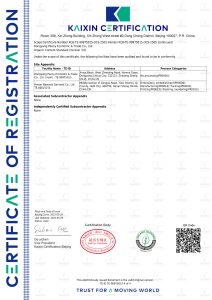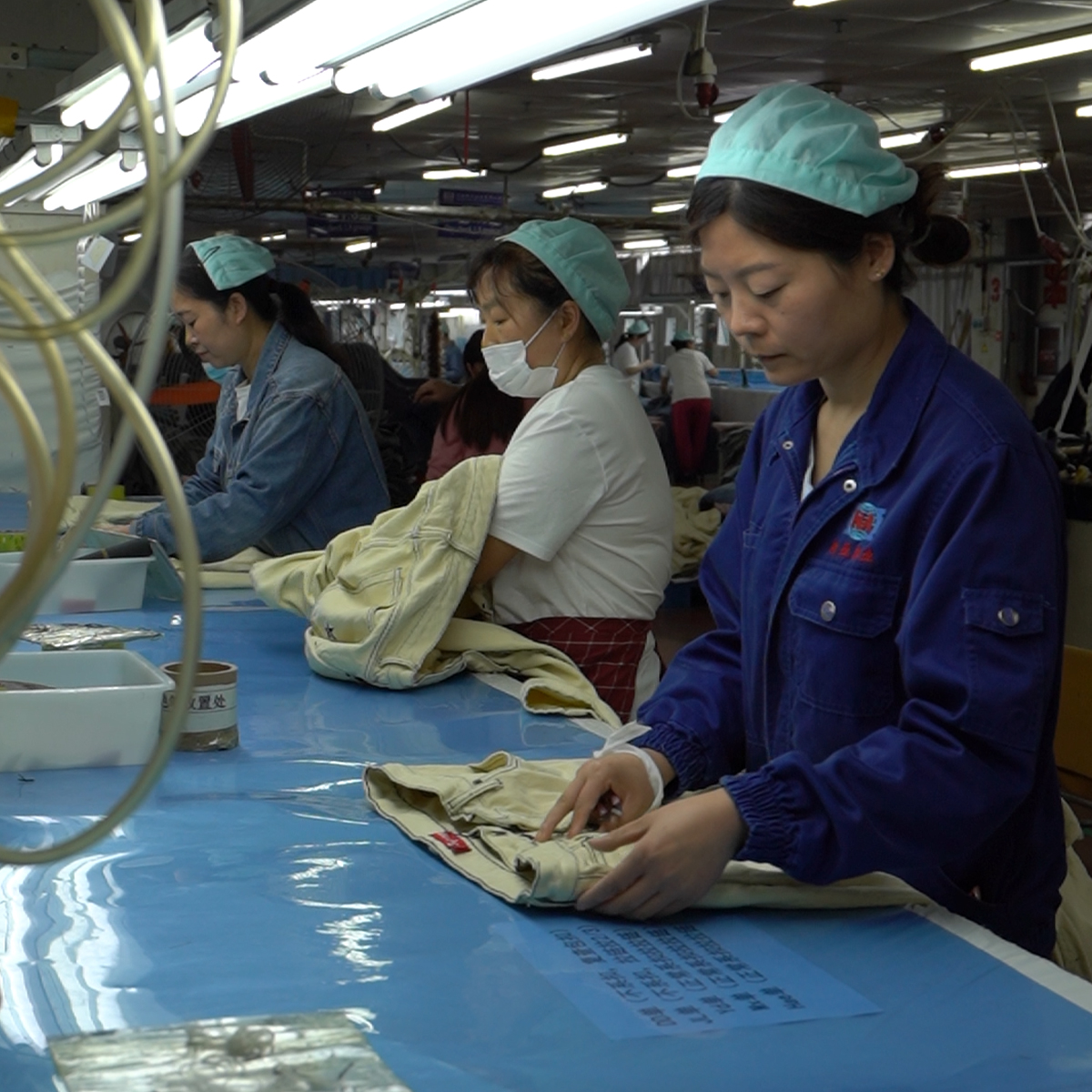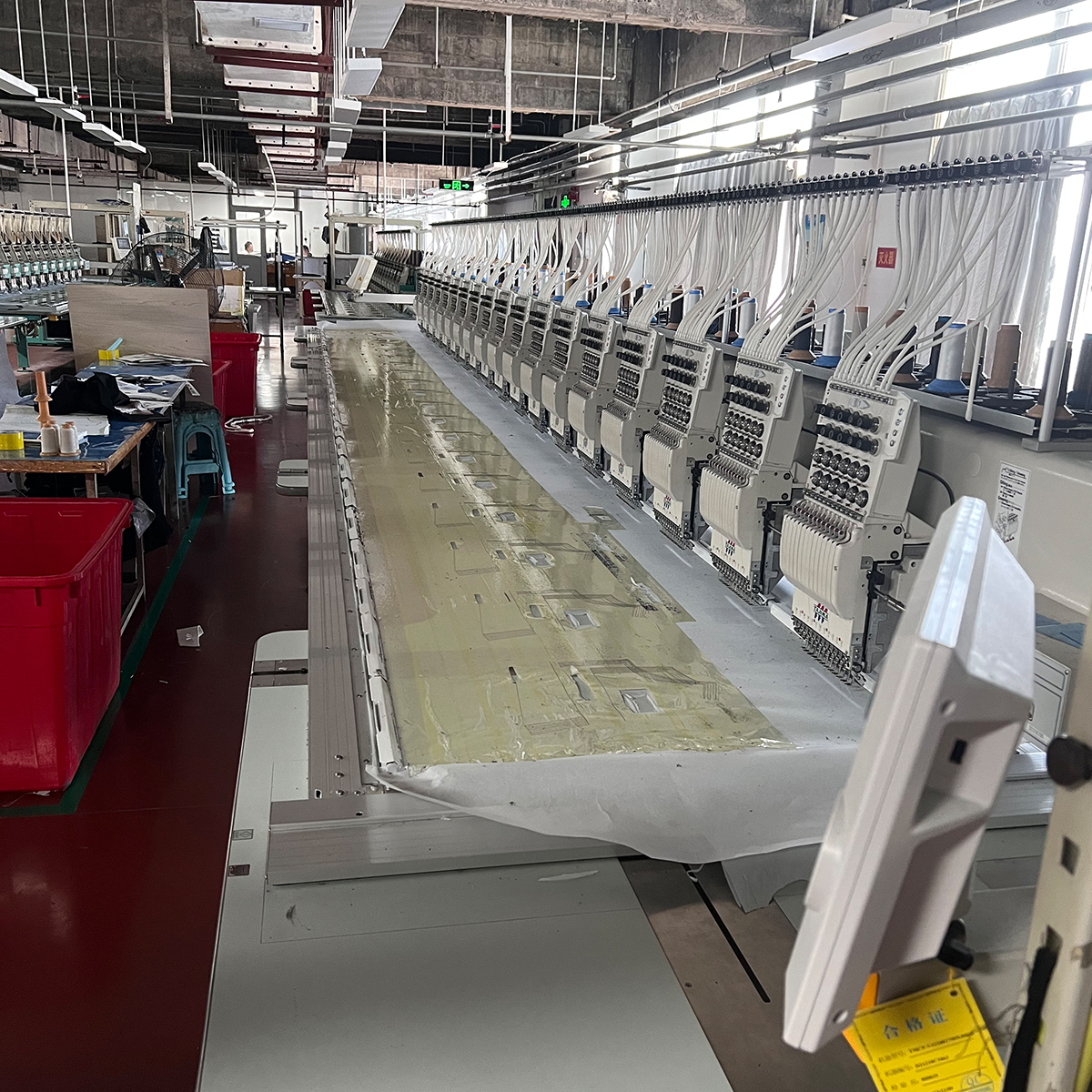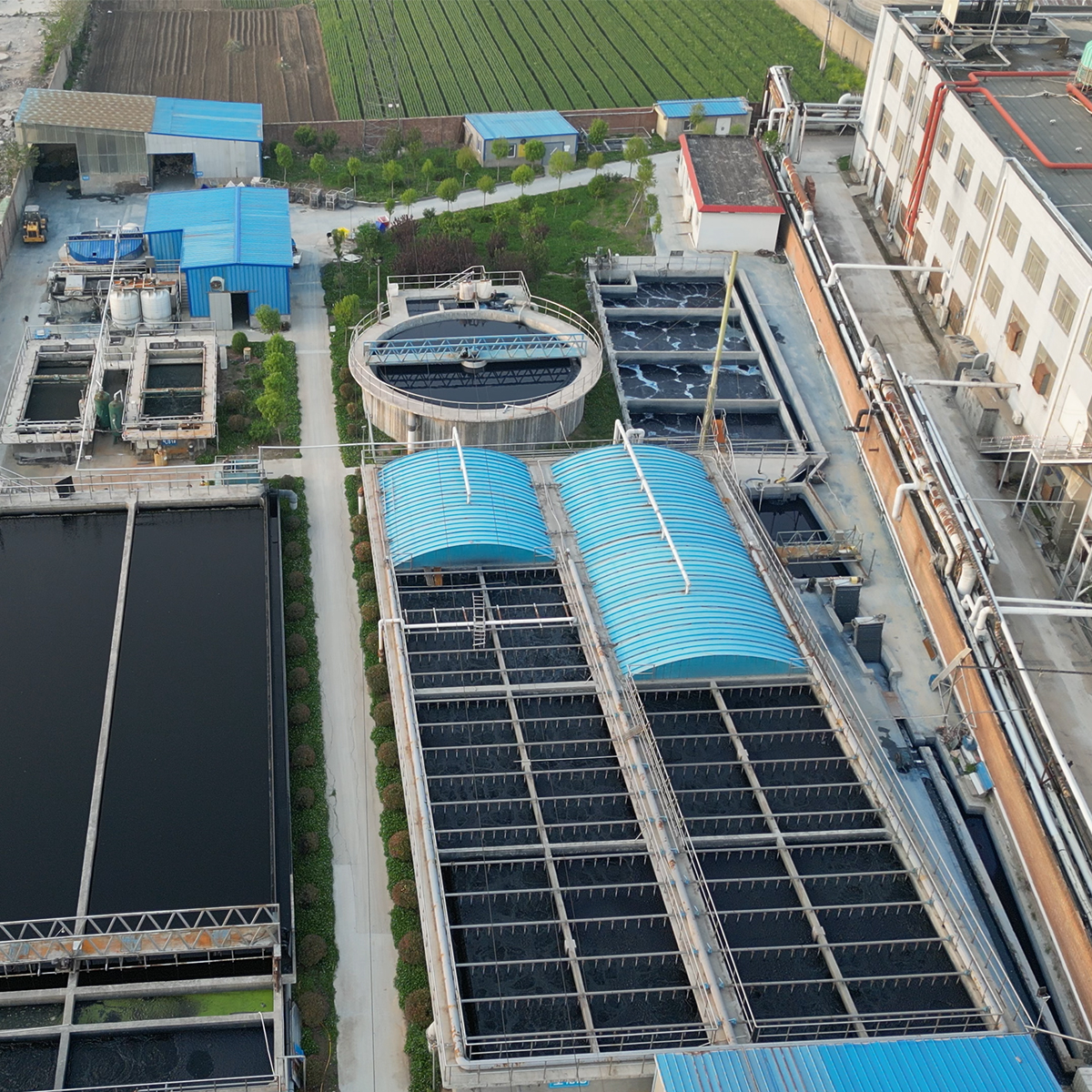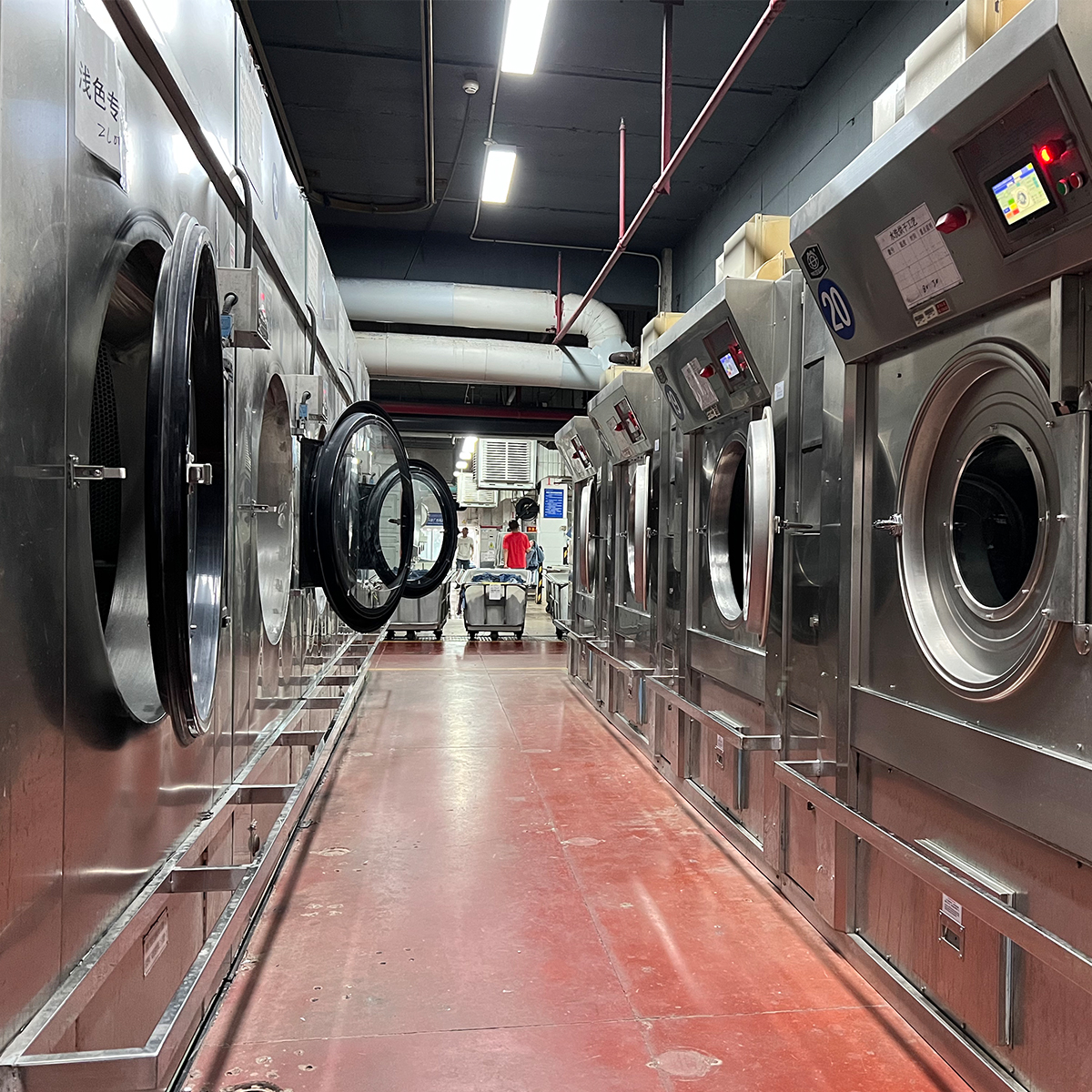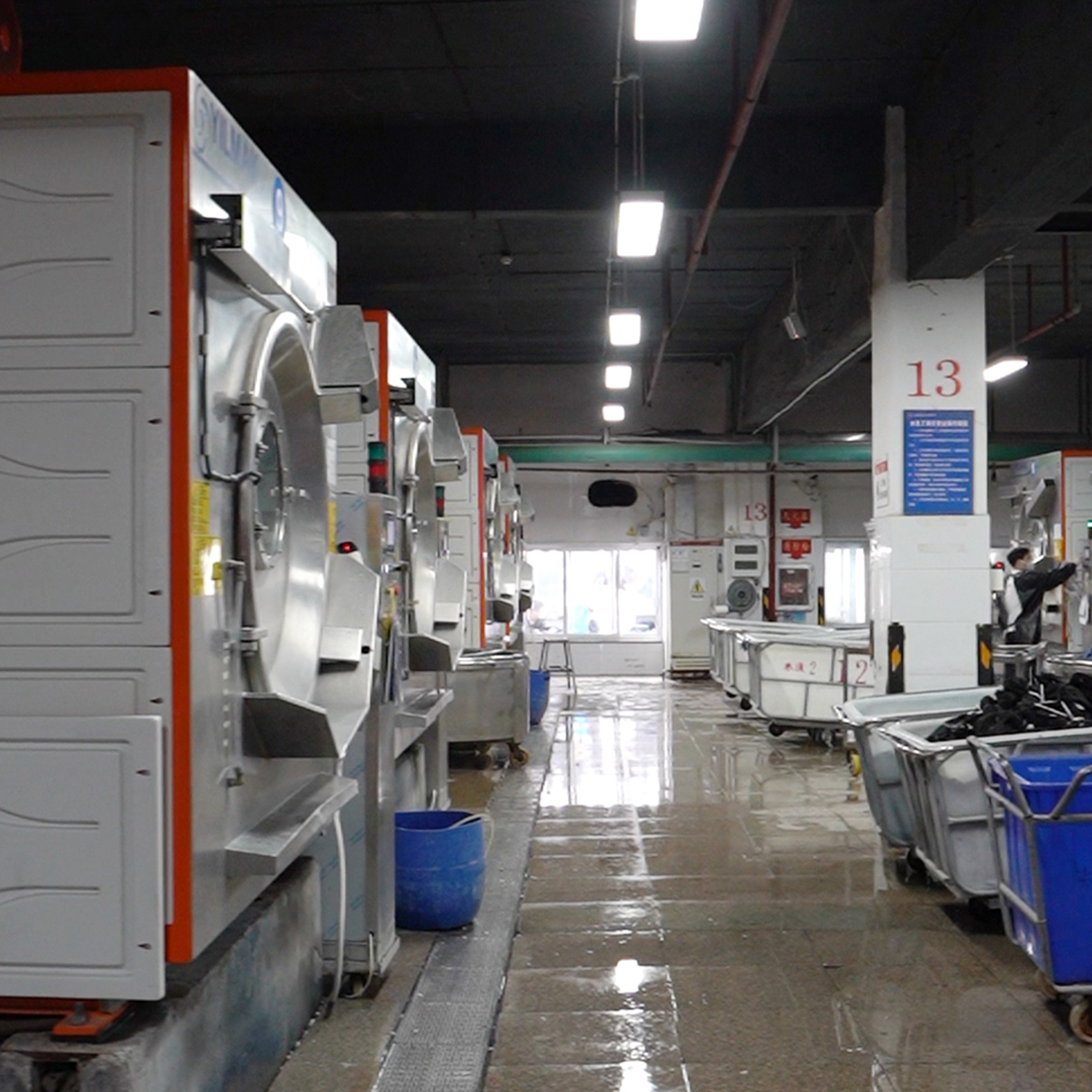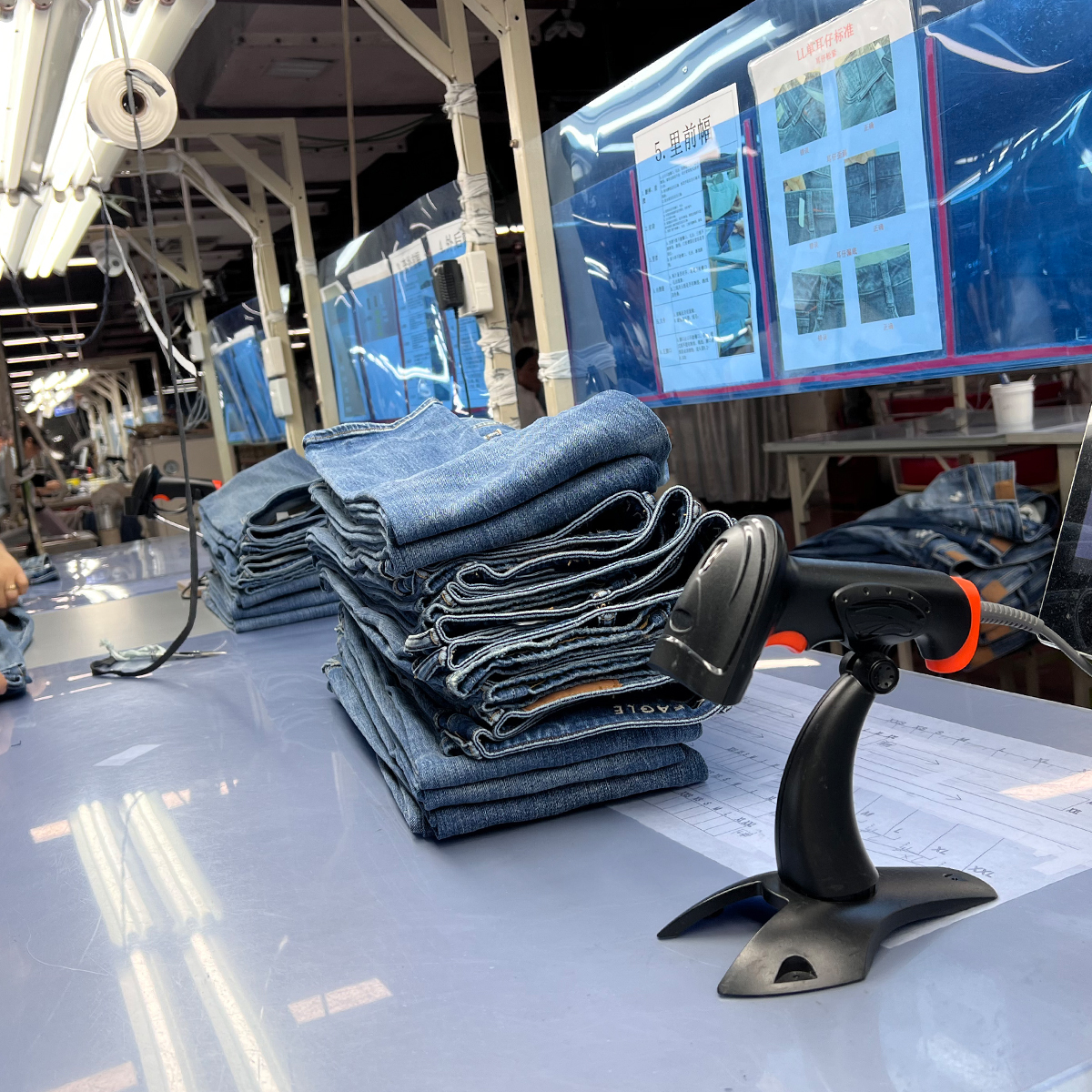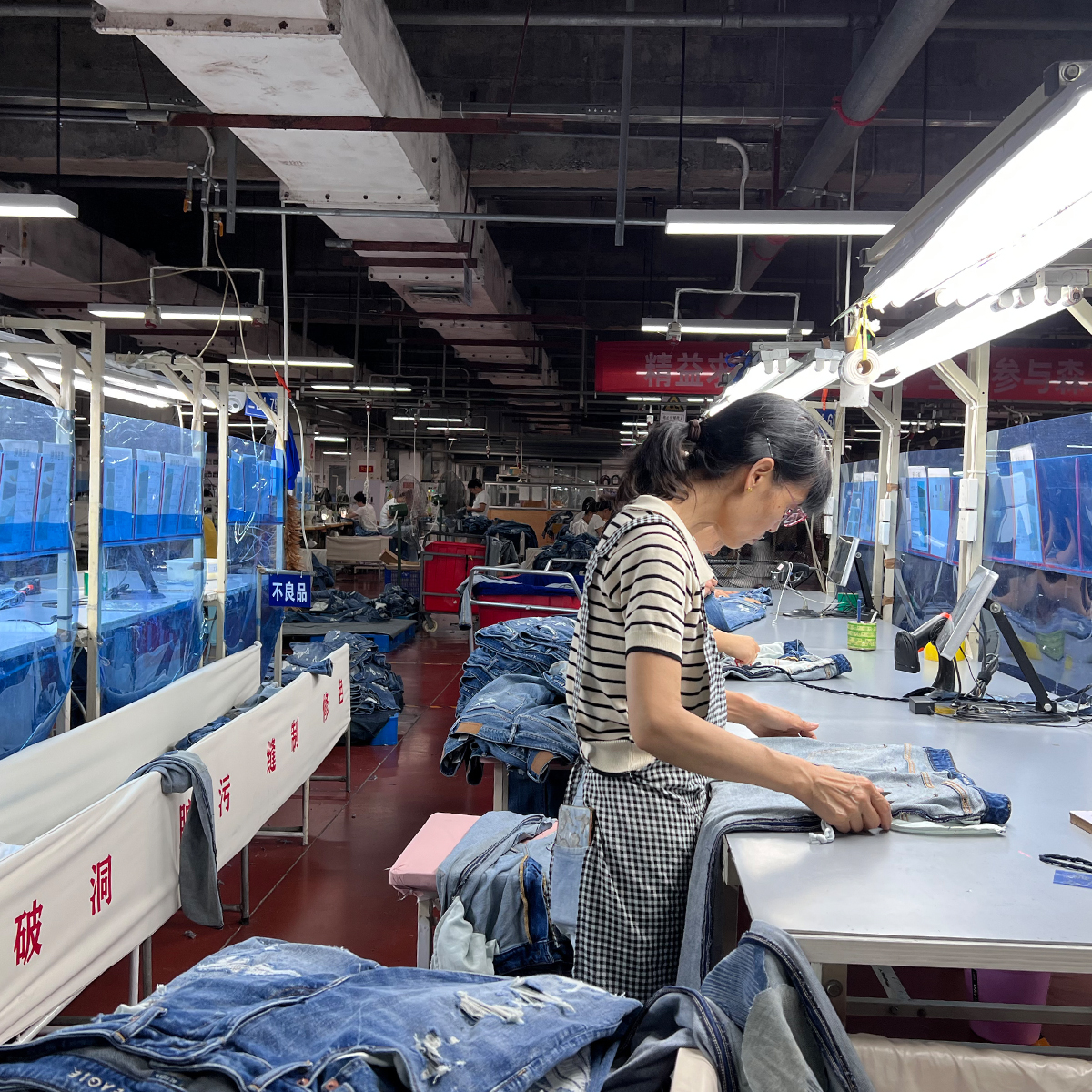In recent years, the fashion industry has undergone a significant transformation. The shifting consumer preferences towards eco-friendly, durable, and ethically produced clothing have spurred numerous brands to rethink their manufacturing processes. Among these changes, the emphasis on making jeans without Lycra or spandex¡ªfavoring natural fibers and sustainable methods¡ªhas gained remarkable momentum. This article explores the leading manufacturers pioneering the non-Lycra jeans movement, illustrating how they are shaping a more sustainable and conscious fashion landscape.
The Growing Demand for Sustainable Fashion
The increasing awareness about environmental issues has led consumers to scrutinize their clothing choices more than ever before. Denim, being one of the most popular wardrobe staples worldwide, traditionally relies heavily on blends of cotton and synthetic fibers like Lycra to achieve stretch and comfort. However, synthetic fibers pose environmental challenges, including microplastic pollution and chemical contamination. Consequently, many brands and manufacturers are exploring alternative approaches that eliminate synthetics, favoring natural, biodegradable fibers and innovative manufacturing techniques.
What Are Non-Lycra Jeans And Why Do They Matter?
Non-Lycra jeans are denim products crafted without synthetic stretch fibers. Instead, they utilize traditional materials such as high-quality organic cotton, hemp, linen, or other natural fibers that offer inherent durability and comfort. The absence of Lycra or spandex means these jeans are less elastic but promote features like increased longevity, better biodegradability, and reduced environmental impact.
These jeans appeal to environmentally conscious shoppers seeking products that align with their values. They also challenge brands to innovate in fabric treatments, finishing, and tailoring to compensate for the lack of synthetic stretch, thereby elevating quality and craftsmanship.
Leading Manufacturers Pioneering Non-Lycra Jeans
1. Nudie Jeans
Swedish brand Nudie Jeans has been at the forefront of sustainable denim since its inception. Known for their commitment to organic cotton, Nudie emphasizes transparency, ethical labor practices, and durability. Their classic models are made without synthetic fibers, encouraging customers to repair and reuse their jeans rather than replace them. Nudie also offers free repairs, exemplifying their dedication to sustainability and longevity of their products.
2. Outerknown
Founded by professional surfer Kelly Slater, Outerknown integrates sustainability deeply into its brand ethos. The company utilizes organic and recycled fabrics, steering clear of harmful chemicals and synthetic fibers like Lycra. Outerknown¡¯s ¡°Everest¡± and ¡°Basic¡± collections feature non-Lycra denim, crafted with attention to water conservation and ethical labor standards. They are committed to transparency and educate consumers on sustainable practices.
3. Kings of Indigo
Based in Amsterdam, Kings of Indigo is renowned for its innovative approaches to sustainability. Their denim is crafted from organic cotton without the use of Lycra or other synthetics. The brand emphasizes low-impact washes, water-saving techniques, and fair labor conditions. Kings of Indigo¡¯s designs are classic yet modern, demonstrating that style and sustainability can go hand in hand.
4. Levi¡¯s (Water3 and WellThread lines)
While Levi¡¯s historically used blends including synthetic fibers, their Water3 and WellThread lines focus on sustainable materials and manufacturing processes. They have introduced non-stretch, 100% cotton denim options aimed at minimizing environmental impacts. Levi¡¯s commitment to transparency and reducing water usage makes them a notable player in the non-Lycra denim space.
5. Reformation
Reformation has made a name for itself by creating stylish, sustainable clothing for women. They leverage organic materials, including non-stretch denim made from natural fibers, avoiding Lycra altogether. Their designs focus on timeless style while prioritizing eco-friendly practices, from fabric sourcing to packaging.
Innovations in Non-Lycra Denim Production
The industry continues to see technological advances aimed at improving non-Lycra denim quality. Some of these innovations include:
- Stretchable Natural Fibers: Breeders are developing natural fiber blends that provide inherent stretch, reducing the need for synthetic fibers.
- Advanced Weaving Techniques: Warp and weft weaving innovations can produce denim with a natural elasticity, offering comfort without synthetic spandex.
- Eco-Friendly Texturizing: New finishing processes enhance fabric feel and durability without chemical treatments damaging the environment.
- Biodegradable Dyes and Finishes: They help produce denim that degrades naturally at the end of its lifecycle.
Benefits of Choosing Non-Lycra Jeans
- Environmental Impact: Reduced microplastic pollution, lower water and chemical usage during production.
- Comfort and Durability: While they may lack the initial stretch of synthetic blends, well-crafted non-Lycra jeans can become more comfortable over time with wear and develop a unique fade or patina.
- Long-Term Investment: Their durability translates into longer-lasting garments, reducing overall consumption and waste.
- Supporting Ethical Practices: Many manufacturers focus on fair labor and transparency, often verified by certifications like GOTS or Fair Trade.
Challenges and Opportunities
Despite their many benefits, non-Lycra jeans face certain challenges. Achieving the same level of stretch and comfort as synthetic blends requires innovative fabric engineering and design. Consumer habits also influence the market; many consumers associate stretch with comfort, prompting brands to emphasize fit and craftsmanship instead.
However, these challenges open opportunities for brands to educate consumers about the benefits of traditional denim and build products that prioritize quality and sustainability. With increasing awareness, the future of non-Lycra denim is promising, driven by technological advances and a committed shift towards eco-conscious fashion.
Conclusion
The movement toward manufacturing jeans without Lycra is more than a trend; it reflects a fundamental shift in how the industry perceives sustainability, durability, and ethical responsibility. Brands like Nudie Jeans, Outerknown, Kings of Indigo, Levi¡¯s, and Reformation exemplify that style, comfort, and sustainability can coexist harmoniously. As consumers become more conscious of their purchasing decisions, the demand for natural, non-stretch denim is expected to grow, inspiring further innovations that will revolutionize the jean industry for generations to come.



